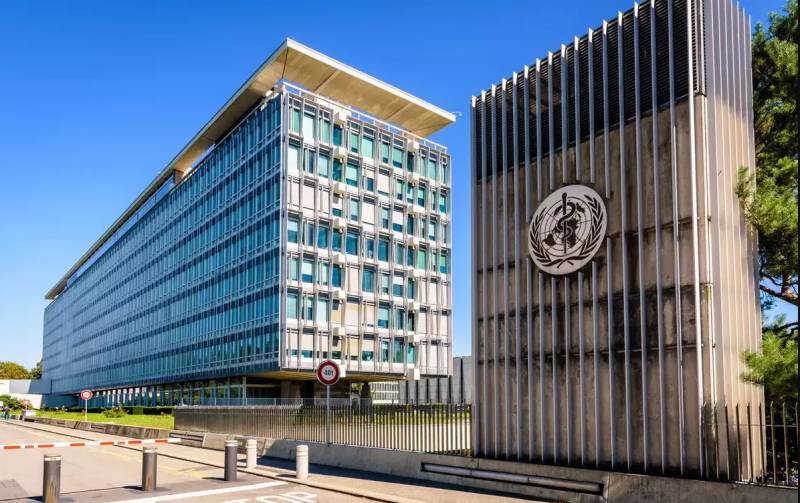Pandemic treaty talks inch towards deal

Stay tuned with 24 News HD Android App

Countries were on Tuesday painstakingly tweaking the text of a hoped-for landmark agreement on tackling future pandemics, amid fears that US tariffs on pharmaceuticals could still derail the long-negotiated deal.
After more than three years of talks, and a marathon session last week, observers had hoped Tuesday would be about dotting some i's and crossing some t's.
But the talks at the World Health Organization headquarters in Geneva were advancing slower than expected.
Five years after the Covid-19 pandemic hit, killing millions of people and devastating economies, experts stress the urgent need for an accord as new health threats lurk, ranging from H5N1 bird flu to measles, mpox and Ebola.
There are also fears that deep cuts to US foreign aid spending could weaken global health, and that its threatened tariffs on pharmaceuticals could jeopardise the hard-won consensus already reached on swaths of the text.
One of the main remaining sticking points was Article 11, which deals with technology transfer for production of health products for pandemics -- particularly to benefit developing countries, several sources told AFP.
During the Covid-19 pandemic, poorer countries accused rich nations of hoarding vaccine doses and tests.
A number of countries that are home to large pharmaceutical industries have meanwhile strenuously opposed the idea of mandatory tech transfers, insisting they be voluntary.
'Huge reverse'
Early Saturday, after five days and a full night of negotiations, it appeared consensus had been reached by adding in that any tech transfer needed to be "mutually agreed".
But several sources told AFP that the discussions had since hit a bump after pharma-hosting countries began demanding that this phrase be added to parts of the text already agreed upon.
"Today the pharma industry and its G7+ allies are proposing that every mention of technology transfer also mention mutually agreed," James Packard Love, head of the NGO Knowledge Econology International, said on the Bluesky social network.
"This is a terrible outcome and a huge reverse from Saturday's text."
The talks were taking place behind closed doors at the WHO headquarters, but delegates frequently stepped out for informal discussions in the corridors, huddling over coffee and pizza as they tried to unblock the sticky bits.
A group of African delegates gathered in the hallway around the French vice-chair of the talks, while others engaged in lively discussion with WHO's chief legal advisor Steve Solomon.
'A first'
The negotiations are taking place as the global health system finds itself in deep crisis after the United States, long the world's top donor, slashed its foreign aid spending.
Washington has not taken part in the negotiations, since President Donald Trump decided on his first day in office in January to begin withdrawing from the United Nations' health agency.
The US presence, and not least Trump's threat to slap steep tariffs on pharmaceutical products, nonetheless hangs over the talks, making manufacturers and their host countries all the more jittery.
But NGOs insist it is time to close the deal.
"Although the agreement went through several compromises, it includes many positive elements," medical charity Doctors Without Borders (MSF) said Tuesday.
Michelle Childs, Director of Policy Advocacy at the Drugs for Neglected Diseases initiative (DNDi), voiced hope countries would cross the finish line.
"It would be a first in the history of international agreements," she said, in its recognition that when countries fund research and development of vaccines and other medical products, you "need to attach conditions to that funding that ensure public benefit".
If an agreement is sealed, the text will be ready for final approval at the WHO's annual assembly next month.
